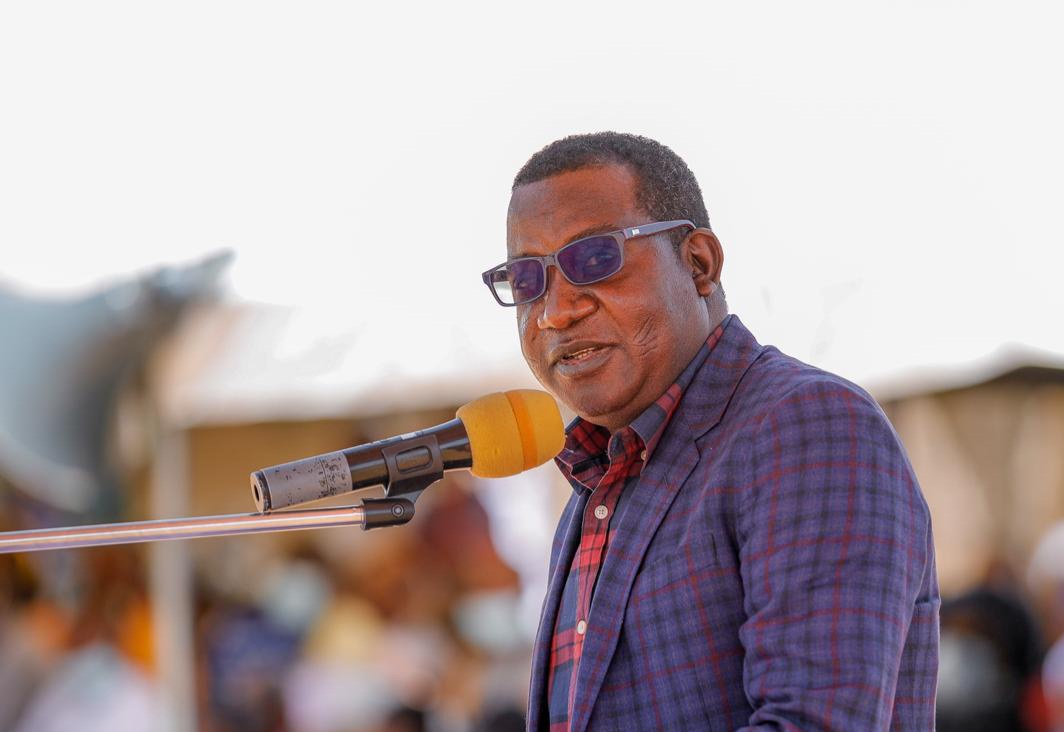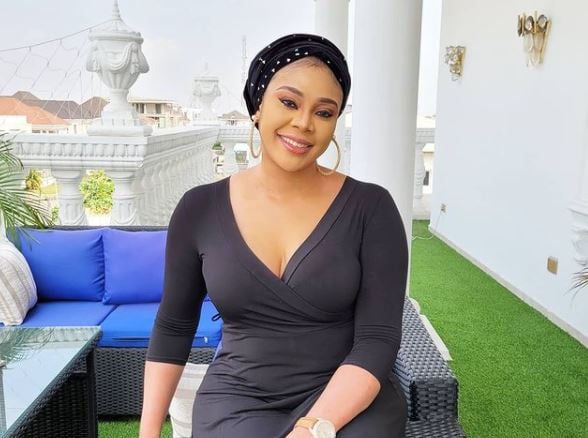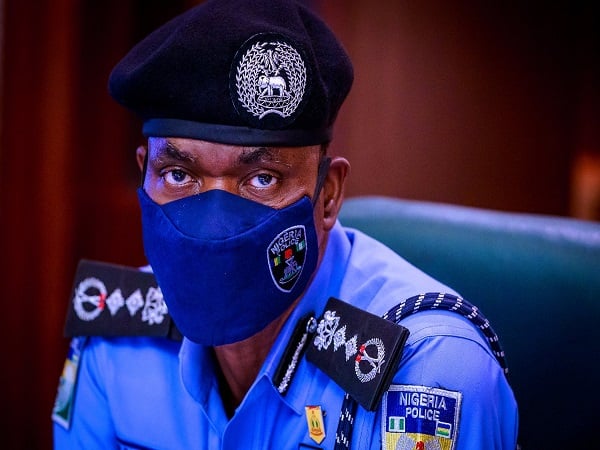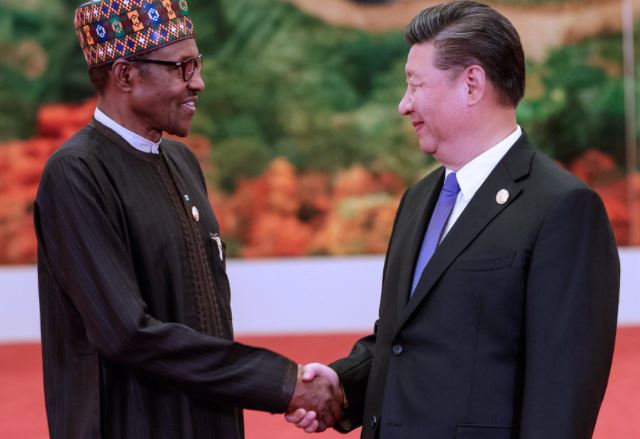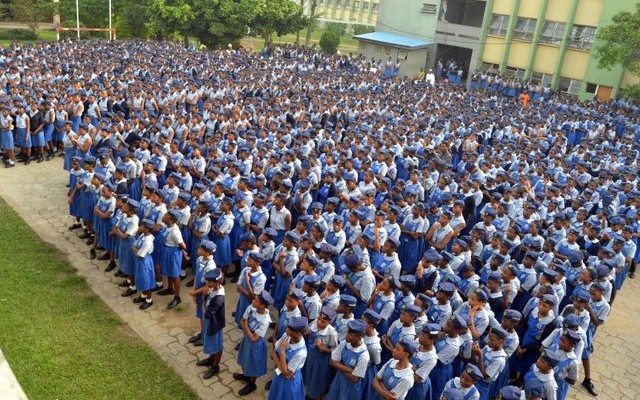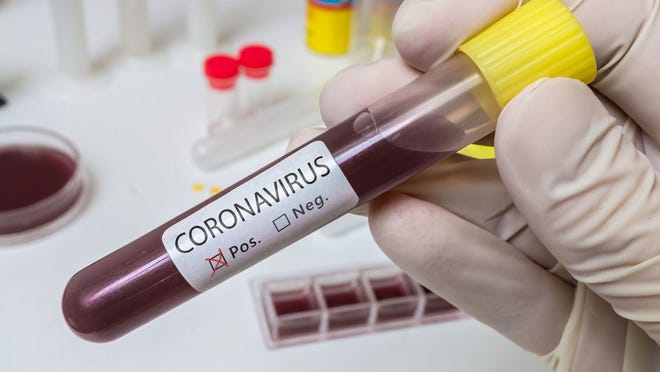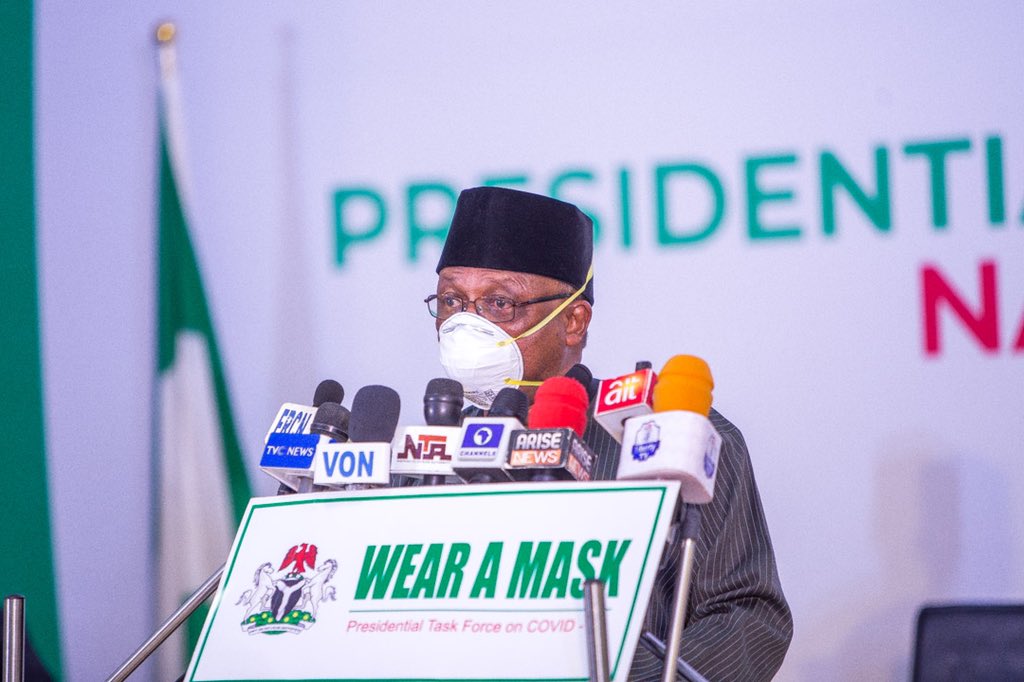Simon Lalong, governor of Plateau state, has asked Nigerians not to allow religion and ethnicity to divide the country.
Speaking on Monday during the inauguration of the Plateau inter-religious council, Lalong said despite the successes recorded in mitigating ethno-religious crisis, the state is still in dire need of healing.
The governor noted that with the inter-religious council, residents have an opportunity to build on the gains of government’s efforts to bring lasting peace to the state.
“We should not allow religion to divide us. Rather, religion should unite us. Despite the efforts and modest successes recorded at stemming the tide of ethno-religious violence, Plateau state is still in dire need of healing,” he said
Advertisement
“Our people have remained somewhat divided along ethno-religious or tribal lines, due largely to the experiences of yesterday. Yet, we have a golden opportunity to open a new leaf by consolidating on the gains of our efforts within the last six years.
“We cannot claim that all issues in the heart of the crises have been resolved. We have in our hands the tools that can help midwife the rebirth of a new and united Plateau that is at peace with itself and neighbours.”
He said the inter-religious council will “adopt a flexible and confidential format in which even controversial issues can be discussed, assumptions tested and ideas generated”.
Advertisement
“The state inter-religious council will critically think through issues and build consensus on challenges that threaten freedom, tolerance and peace,” he said.
“Through joint analysis and structured interfaith dialogue, voices from divergent communities can come up with new ideas and approaches that will help enhance resilience and social cohesion.
“My administration clearly understands that many of our people have been hurt and could have also caused pain for others. Many cannot seem to erase the hurt from their mental hard drive and continue to harbour bitterness, resentment, and anger.
“The choice before us is to either continue in our anger, thus spending the rest of our lives in pain and bitterness, or we can choose to be released, healed, and be set free. That is where forgiveness becomes inevitable.”
Advertisement
Add a comment
